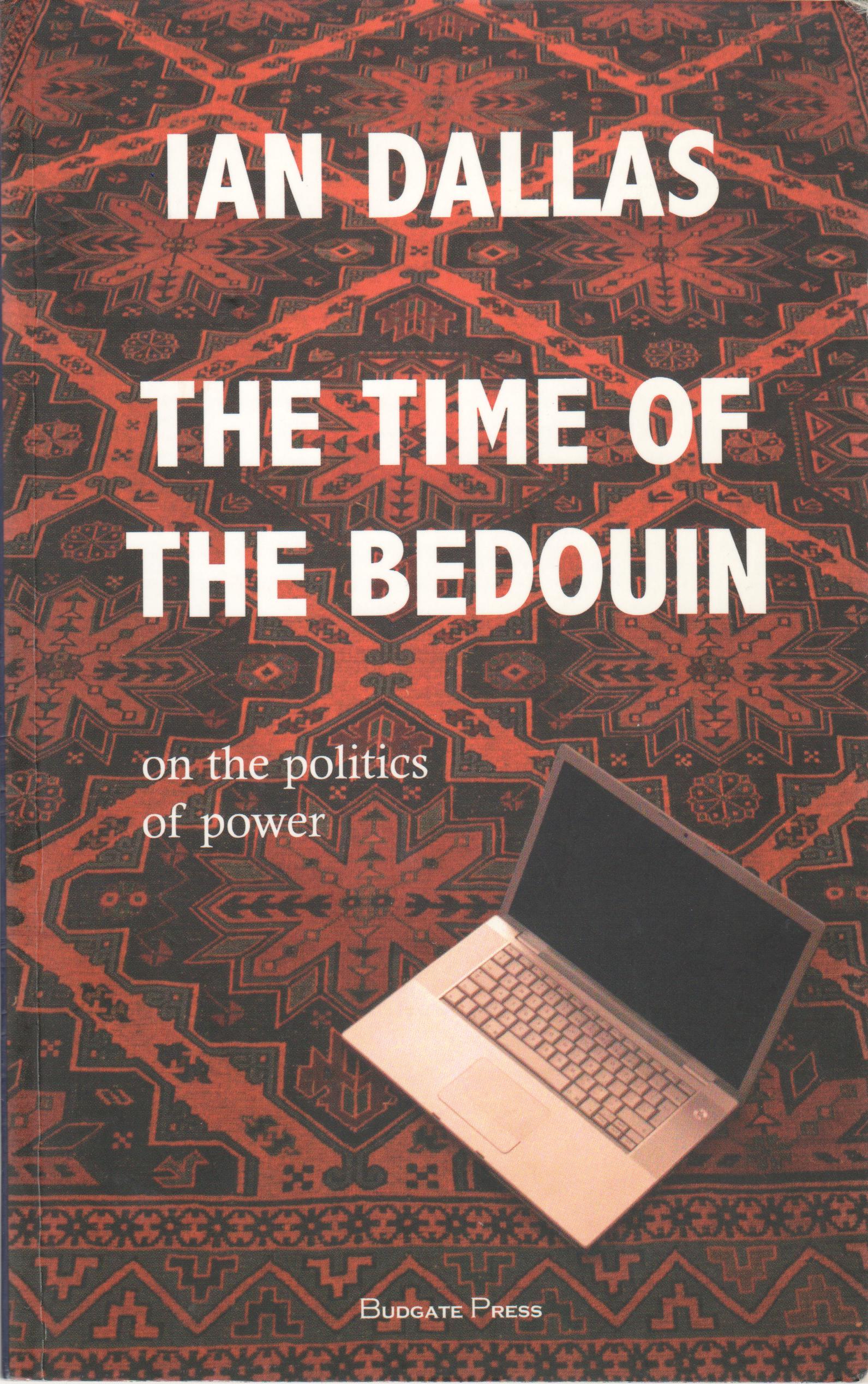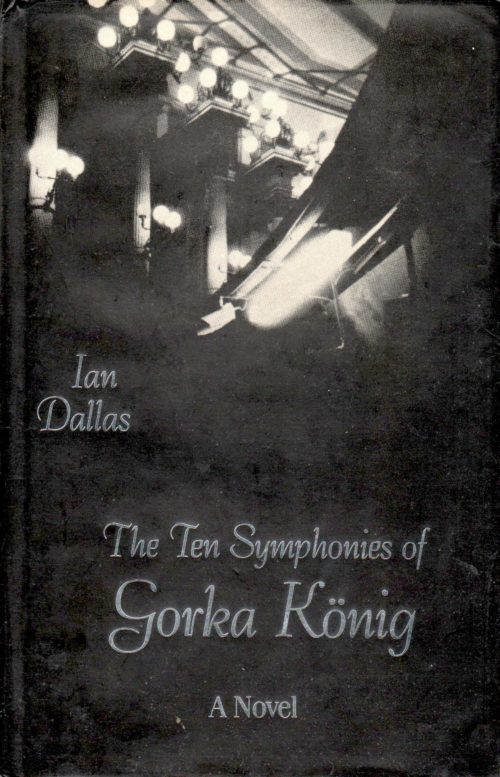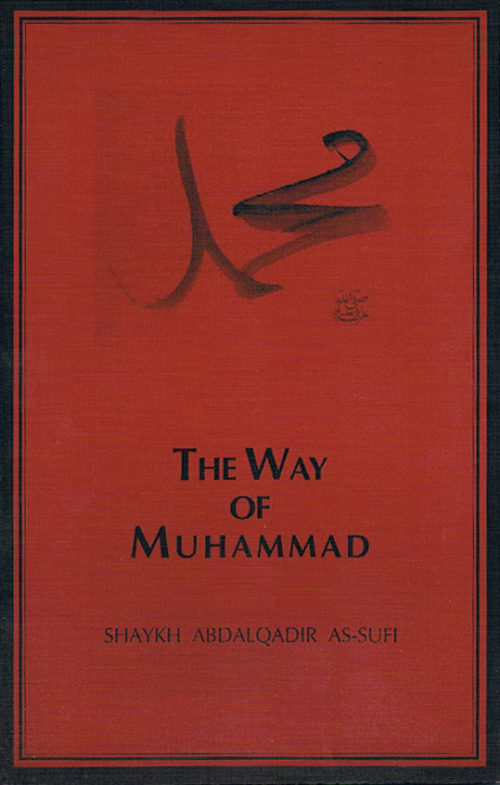Description
From ‘The Time of the Bedouin’:
“Nihilism, suicide and terrorism are synonyms. They are not political doctrines, rather, they are the failure of politics. It is an end-game, yet it cannot be said that after it comes nothing. It IS the ‘nothing’. After it comes a new beginning. A new Nomos.”
The opening
A version of reality has been instituted which accords with the power élite’s programmes of the expropriation of personal wealth, and its relocation in inter-connected corporate and statal structures. To further hide the venal truth of this oligarchy it has proved propitious to borrow the evaluations and vocabulary of the emergent scientific method of materialist evolutionism. As a result the world’s ignorant masses have been presented with a model of reality that in itself is fictive and determinist at the same time. This binary model is crude but attractive to the uninformed, that is, the mass- educated workers, taking ‘workers’ to represent not the labouring class of Marx, but rather the all- inclusive definition of men as functioning under the constraints and enslaving force of technique – the delineation of Jünger in his key work, ‘Der Arbeiter’.
The orthodoxy of the oligarchs divides history into two epochs and puts between them the force that split society into its two stages, and at the same time initiated the second historical phase.
The first stage of history (from this viewpoint) was the natural and ‘primitive’ society. From the moral point of view, everything about it was dreadful. It was presented as static. Its dominant condition was inescapable poverty for ‘the people’. It was controlled and dictated to by hereditary rulers, kings and princes. They were by definition – that is, as princes and rulers – tyrants and oppressors. They taxed and made wars entirely for their dynastic benefit. Kings were despots, ‘the people’ were their helpless victims, poverty-stricken, famished and ground under by the pair of boots that trampled them – the Monarchy (the aristocratic élite) and the Clergy (also land-owners).
The second stage of history (from this viewpoint) was the willed and legislated society. From the moral point of view it declared the emergence of the New Man, virtuous and imposing the good. It was presented as dynamic. Its dominant condition was the smashing of the enslaving monarchic and ‘divinely ordained’ system, and the creation of the new rule of man in a post-christian, that is, atheist condition. ‘The people’ ruled – power had passed to the formerly enslaved masses. The new leaders of society were liberators, dispensing justice and freedom. The first stage of history (the ‘Ancien Régime’) was ANCIENT. The second stage of history (la Révolution) was MODERN. From this point on we are in the modern world. 1789 is the new Dawn of Mankind. Indeed, within the unfolding of the Revolution there is the historical sense of a new beginning with the creation of a new calendar, a new Supreme Deity unifying all previous religions, and the inauguration of Year 1.
The author
Ian Dallas was born in Scotland. He is the author of two novels: ‘The Book of Strangers’ and ‘The Ten Symphonies of Gorka König: a fictional textbook’, three plays, and a philosophical study, ‘The New Wagnerian’.
In 2001 The Science University of Penang, Malaysia conferred on him an Honorary Doctorate of Literature for his life’s writings.
In 2005 his ‘Collected Writings’ was published by Budgate Press.







Reviews
There are no reviews yet.